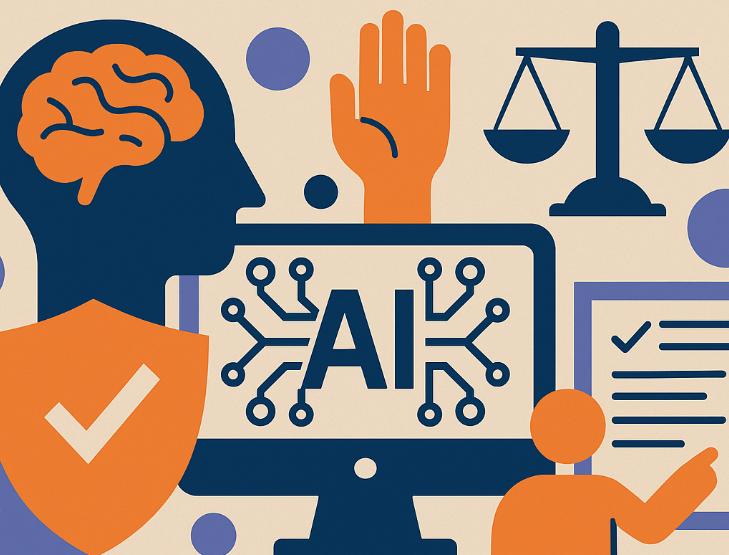Over the previous few weeks, I’ve been digging deep into how organizations can responsibly implement AI. From explainability to ethics, from GDPR compliance to human-in-the-loop decision-making, one factor is evident: technical sophistication isn’t sufficient. Belief, transparency, and accountability matter simply as a lot.
Listed below are a few of my largest takeaways:
🔍 Explainability isn’t non-compulsory. Whether or not it’s a hiring algorithm or an autonomous automobile, individuals deserve to know how AI selections are made — particularly when these selections influence their lives.
⚖ Bias can stay in your knowledge even when your mannequin is correct. Accuracy and equity aren’t the identical factor. Moral AI design means actively detecting and mitigating disparate influence.
🤝 Manipulative design erodes consumer belief. Whether or not it’s complicated interfaces or buried consent choices, techniques needs to be designed to empower customers — to not trick them into giving up management.
🧩 Begin small, suppose massive. Fast wins (like AI-assisted screening or stock forecasting) can construct momentum — however scaling AI requires good governance, cross-functional collaboration, and clear safeguards.
As I proceed growing my abilities in AI implementation and technique, I’m particularly concerned with how moral frameworks, organizational design, and transparency practices will evolve alongside the know-how.
